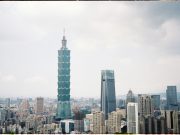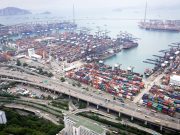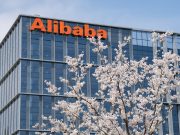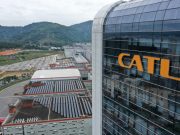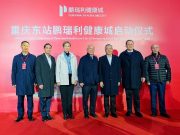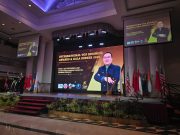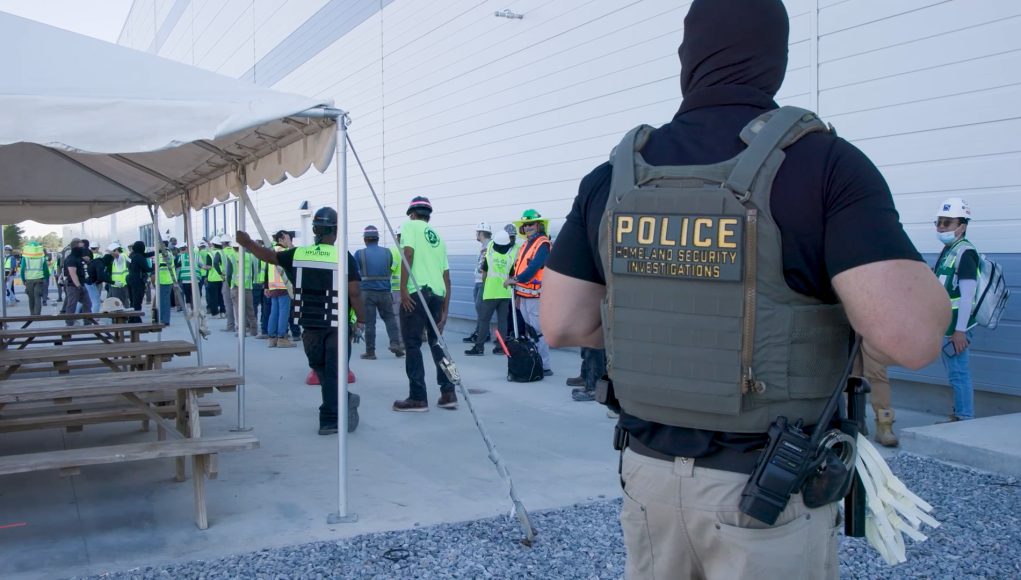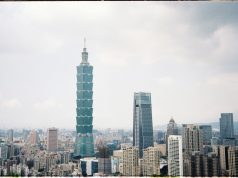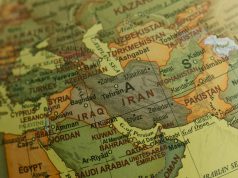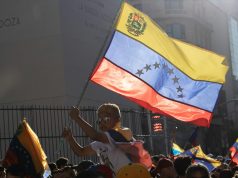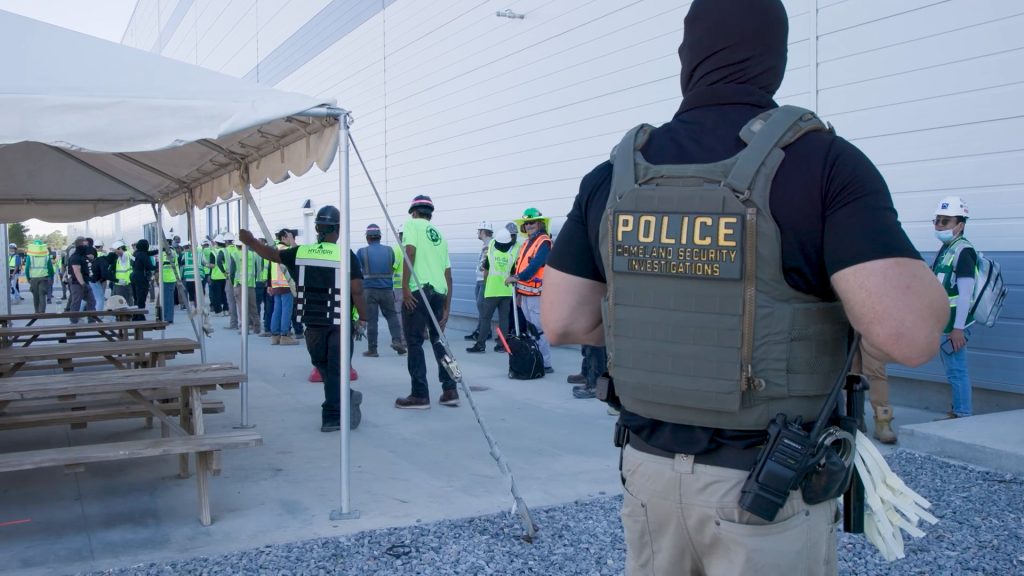
(Singapore, 08.09.2025)An unprecedented immigration raid on a South Korean-owned EV battery plant in Georgia has ignited a diplomatic firestorm between the United States and its key Asian ally, casting a dark shadow over billions of dollars in planned investments.
The raid, which took place less than two weeks after a high-stakes meeting between South Korean President Lee Jae Myung and U.S. President Donald Trump, has left many in South Korea feeling betrayed and furious.
The operation, carried out by U.S. Immigration and Customs Enforcement(ICE), was described as the largest single-site enforcement action in the history of the Department of Homeland Security’s investigative operations.
At the construction site for a joint venture between Hyundai Motor Co. and LG Energy Solution Ltd., a total of 475 workers were detained. Over 300 of them were South Korean nationals, including employees of LG Energy Solution and its subcontractors.
Dramatic footage of the raid, released by U.S. authorities, quickly went viral in South Korea, sparking widespread public outrage. The images showed workers with their hands, wrists, and ankles shackled being marched onto buses.
South Korea’s most-circulated newspaper, Chosun Ilbo, ran a photo of detainees with their hands pressed against a bus window and published images it claimed were from the detention facilities in Georgia, asserting they were “covered in mold, worse than prisons.”
A Stab in the Back
The sudden crackdown has created a major political and diplomatic crisis for South Korea’s government. Just days before the raid, President Lee Jae Myung held a summit with Trump to solidify a new trade pact. As part of this new alliance, Korean companies pledged to invest hundreds of billions of dollars in the U.S., with a $350 billion fund to support firms expanding there and an additional $150 billion in direct private investment.
According to a Bloomberg report, the raid has cast doubt on the wisdom of these massive financial commitments. “It feels like a stab in the back,” said Kim Tae-Hyung, a political science professor in Seoul, who warned that the incident would “inevitably” discourage Korean companies from moving forward with their investment plans.
The raid signals to businesses that the political and compliance risks of building in the U.S. are far greater than they had anticipated. This sentiment was reflected in South Korean media, with the Maeil Business Newspaper publishing a cartoon showing Trump wielding a club as a Korean figure delivers a box of money to fund U.S. factories, only to be bewildered as his employees are detained.
Corporate Fallout and Visa Challenges
In response, South Korean officials immediately sprang into action. They worked through the weekend to secure the release of their citizens, with a chartered plane on standby to fly them home once administrative procedures are complete.
South Korea’s First Vice Foreign Minister, Park Yoon-joo, told a U.S. official in a phone call that the incident was “regrettable” and asked for a fair and swift resolution, stating that the rights of Korean citizens who have invested in the U.S. “should not be unfairly infringed upon.”
The raid also exposed a critical issue facing Korean companies in the U.S., the visa problems. According to local media, many firms have had to rely on the ESTA visa waiver program, intended for short-term business trips, to quickly dispatch employees to construction sites.
Chang Sang-sik, head of the Korea International Trade Association’s research center, noted that while the U.S. demands investment, it also places stringent immigration laws on foreign workers. “In reality, that is just impossible,” he said, explaining that companies need local technicians during the construction period.
Immediate Impact on Investment and Projects
For companies like Hyundai and LG Energy, the consequences are immediate. LG Energy has suspended employee business travel to the U.S. and advised staff already there to return home, confirming that 47 of its employees were among those held. Hyundai stated that none of its own employees were detained but is now investigating its suppliers and subcontractors.
Most significantly, construction at the Georgia plant has been temporarily halted, a move that could disrupt the timeline for Hyundai’s broader EV production plans. The plant is a cornerstone of Hyundai’s pledge to increase its U.S. investment to $26 billion by 2028, and the raid has cast a long shadow over that commitment.
Political Implications and Double Standards
Although U.S. officials maintain the raid was the result of a months-long investigation and not politically motivated, its timing and optics are undeniable. The incident pits the administration’s policy of aggressive immigration enforcement against its other major priority: attracting foreign investment and manufacturing.
As the U.S.’s sixth-largest trading partner, South Korea and its companies are integral players in the global EV battery supply chain, and their investments were actively encouraged by Washington to reduce dependence on China. A crackdown that sweeps up workers on such a key project risks seriously complicating trading relations.
South Korean lawmakers warned that large-scale detentions should not occur if the U.S. truly wants investment. The incident, they added, now tests the delicate balance between the two nations’ shared economic interests and their domestic political agendas.


